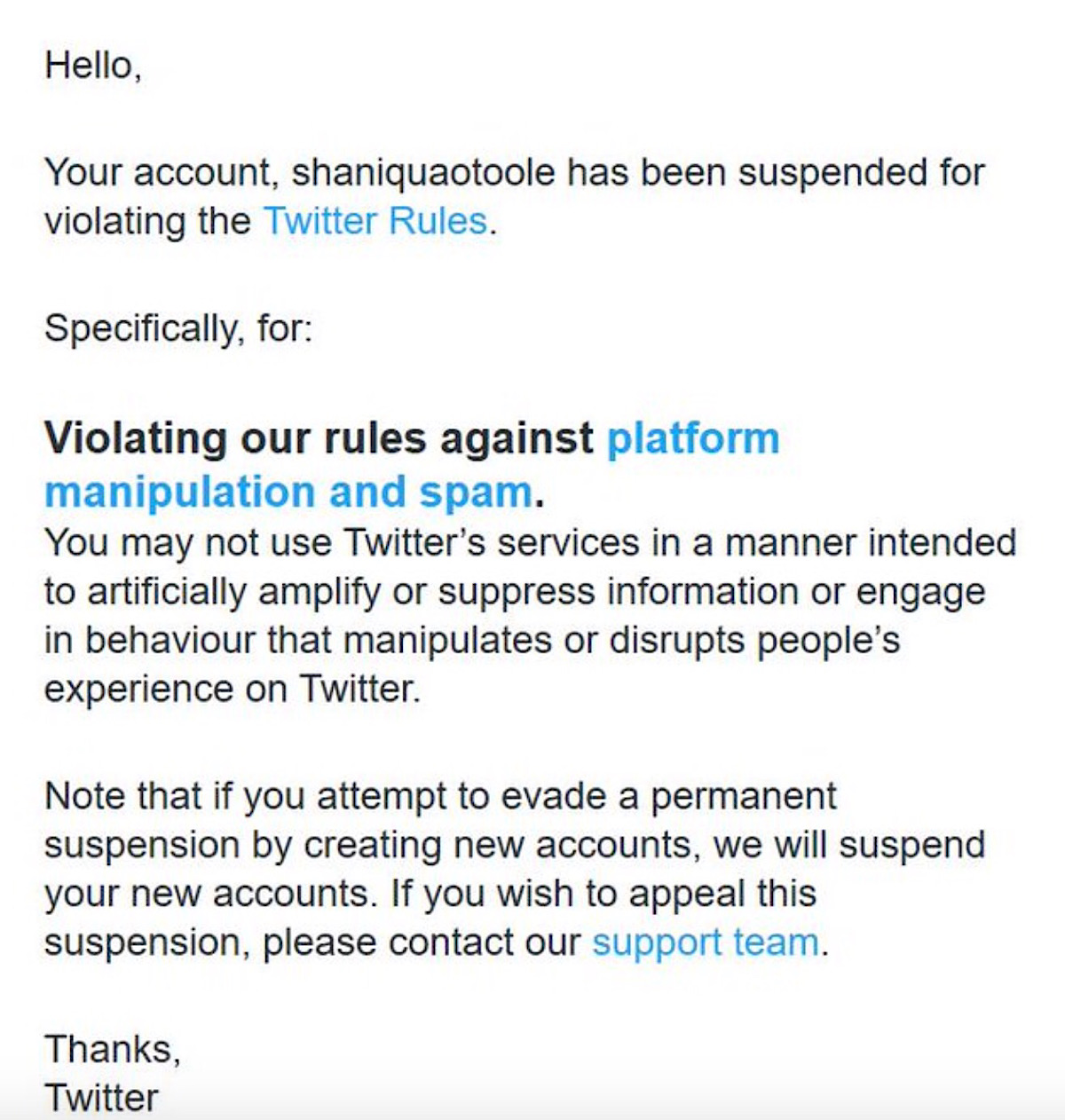

Since the DMCA was specifically provided to protect copyright in creative works, it also provides a specific process to enforce these rights.

Those that are really on the hook under this Act are the individuals that illegally access protected content, and content-hosting platforms or tools that facilitate access to illegal content. The thinking behind this is that ISPs cannot really be held accountable for providing general internet access without more. The Act applies to all persons who illegally access and distribute copyrighted works, as well as any platforms or individuals that facilitate illegal access to such works.īut the DMCA does not apply to internet service providers (ISPs) or their intermediaries. It was passed into law by the US Congress in 1998, and makes the unauthorized access and distribution of copyrighted works illegal. The DMCA provides a formal process through which copyright holders can enforce their rights against infringers. The DMCA was the outcome of this agitation. With the creation of the internet and steady rise of peer-to-peer file sharing networks, it became easier than ever to access copyrighted material without the authority of the owner.Īs a result, large industry organizations like the Recording Industry Association of America (RIAA) began to lobby for stronger protection of copyrighted works and the rights of copyright holders.

The DMCA became necessary during the 1990s, when the internet was really beginning to come into its own. In fact, the US Copyright law predate the internet by almost 200 years, first published in the 18th century. Before the internet, copyright laws existed to protect creative works from unauthorized access, distribution, performance, or any unsanctioned use. The Digital Millennium Copyright Act (DMCA) follows from the creation of the internet. What should you know about DMCA strikes, what to do about them, and how content-hosting sites manage these strikes? Here’s all you need to know. Copyright-related issues are very troublesome, and as most creators find out, a DMCA strike could hit you out of the blue when you least expect it. This means you have managed to stay out of trouble so far and butterflies have yet to find a way into your innards (at least as it relates to copyrighted content).īut that is no reason to grow overconfident. If you are a creative and have never come across a DMCA strike or do not even know what it means, congratulations. Getting a DMCA strike usually means a creator is a big step closer to losing thousands (or more often millions) of followers and, sometimes, all of the work of their lifetime.Īs a result, you can understand why receiving a DMCA strike can be a prelude to sleepless nights for creators, or even the catalyst of platform-wide turmoil for entire creative communities. The stuff of every creator’s nightmares, DMCA strikes are often regarded as the bane of creatives on popular platforms regulated by US law. What is a DMCA Strike? - Simple steps you can take
#TWITTER DMCA NOTICE PDF#
« back to articles | Download PDF | THIS IS NOT LEGAL ADVICE Meta Description: What should you know about DMCA strikes, what to do about them, and how content-hosting sites manage these strikes? Here’s all you need to know.


 0 kommentar(er)
0 kommentar(er)
